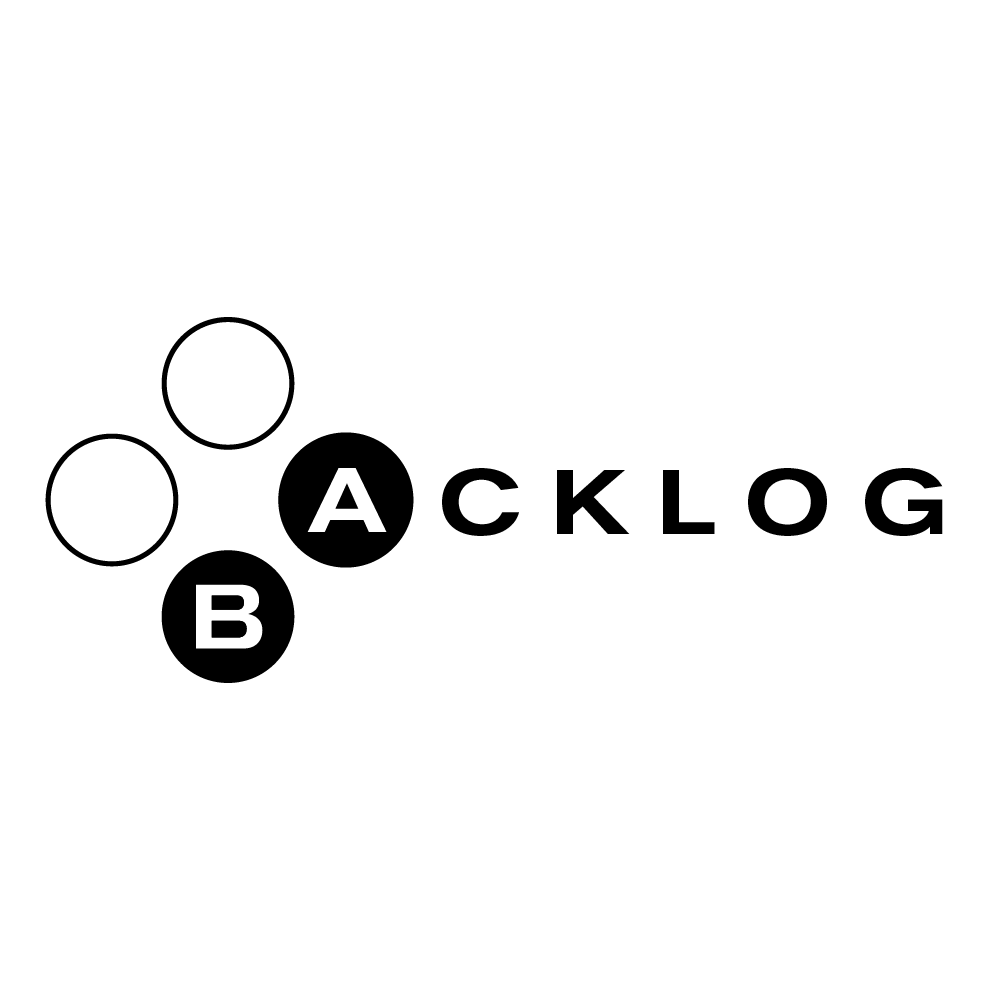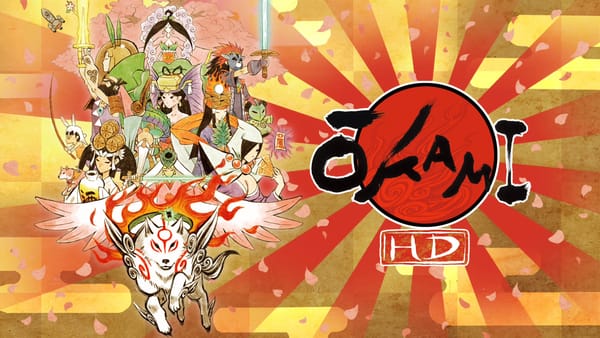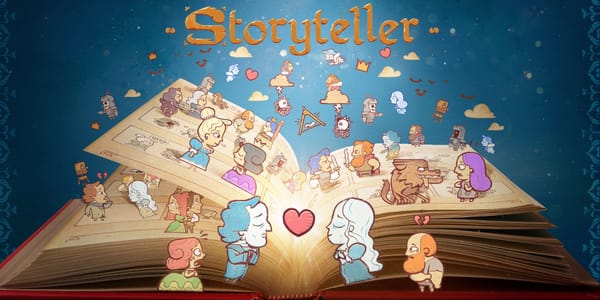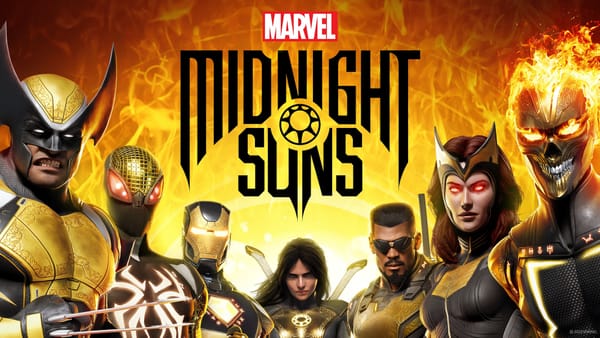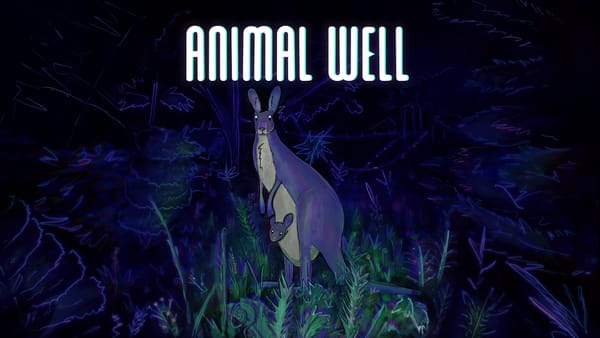Uncharted: The Lost Legacy and the joys of curation
Or: An ode to games I can finish
I like the Uncharted games. I got into the series with Uncharted 2: Among Thieves, which is, like all other Uncharted titles, both a game and also a tech demo for the latest PlayStation’s graphical capabilities. While we await the inevitable Uncharted for PS5, Sony did what any sensible corporation that released a supply-constrained console during the pandemic would do and remastered the last two games to resell to the model consumer that is Grayson Morley. And, hey: It worked!
Uncharted: The Lost Legacy, rereleased in full tech demo glory on the PS5 as part of The Legacy of Thieves Collection, quickly became my favorite Uncharted. Part of this has to do with swapping out Nathan Drake for Chloe Frazer as the protagonist,1 and part of it has to do with recency bias, I’m sure. But more than anything, especially after playing through the massive experience that is Elden Ring, what I appreciate most is The Lost Legacy’s focus.
From the opening scene, you can tell you’re in for a more succinct experience than the numbered Uncharted games. The stakes of the story are introduced quickly and engagingly, as a moment of tension explodes into action in the first 15 minutes of gameplay. Banter between protagonists and antagonists, a series staple that developer Naughty Dog does better than almost anyone, is fast, natural, and always entertaining. The game, especially on PS5 running at 120 frames per second,2 remains technically impressive and convincingly animated. Nobody quite does videogame faces like Naughty Dog. Their games make you feel like you’re playing a movie, a feeling that The Lost Legacy takes to new heights by, among other things, being closer to the length of a movie.
I replayed most of Uncharted 4: A Thief’s End after finishing The Lost Legacy, mostly because I was having a good time and wanted to keep going, but also because I wanted to see if my memory about its pacing held true. Several stealth sequences and inexplicably long climbing sections later, I felt justified in my remembrance. It’s not that A Thief’s End is bad. It’s quite good, actually! It’s just that there’s more of it than there needs to be, especially for a series that seems intent on mimicking the cadence and joy of a contemporary action flick. The parts that feel artificially stretched out call attention to themselves, like a filler episode of a TV show that’s gone on for just a little too long.
Which is where The Lost Legacy shines as a counterexample. I’m not sure whether it’s short because it began its life as a standalone DLC and thus had a smaller budget, or whether it’s short because it was meant to be and thus was produced as a standalone DLC. Either way (creative vision or the restraints of capitalism), I like where it landed. At around seven to eight hours, it is, by modern gaming standards, a brief experience. But, crucially, it does as much in variety and stagecraft with those eight hours as the mainline entries. Like in Uncharted 4, you are treated to a semi-open world segment where you drive around doing small-scale Uncharted things (puzzles, explosions, puzzles with explosions)—only more focused. Like in Uncharted 4, you explore ornate and impossibly dangerous tomb-ish places, with levers and mirrors left behind by mad puzzle gods—only more focused. Like in Uncharted 4, you have an antagonist who—okay, on this front, I actually think Uncharted 4 is more focused, but that doesn’t support my thesis. Moving along.
Great writing owes a great deal to great editing.3 Big-budget games, because of their positioning as mass market experiences, are invested in delivering value to the consumer, and more often than not, value in the views of the market is conflated with size. With how long it takes to beat a game. With slight tweaks to something we already know we like, only bigger. Games like Uncharted: The Lost Legacy provide an important counterbalance to this trend by showing that the same formula, only less and only the good parts, is a different kind of better, even for big-budget games.
Which I guess is a long way of saying, if Elden Ring is 2.5 Dark Soulses, then The Lost Legacy is 0.6 Uncharteds.
Thanks for coming to my TED Talk. See you in two weeks.
Drake, for all his affability, is an infinitely more generic protagonist hero Frazer, orphan origin story or no. ↩
After initially feeling ill seeing something so smoothly animated, I grew to like the option. ↩
For example: I edit my own work here, which probably accounts for all the non sequiturs and mixed metaphors. That, and the totally intentional triplicate “great” in the footnoted sentence. ↩
